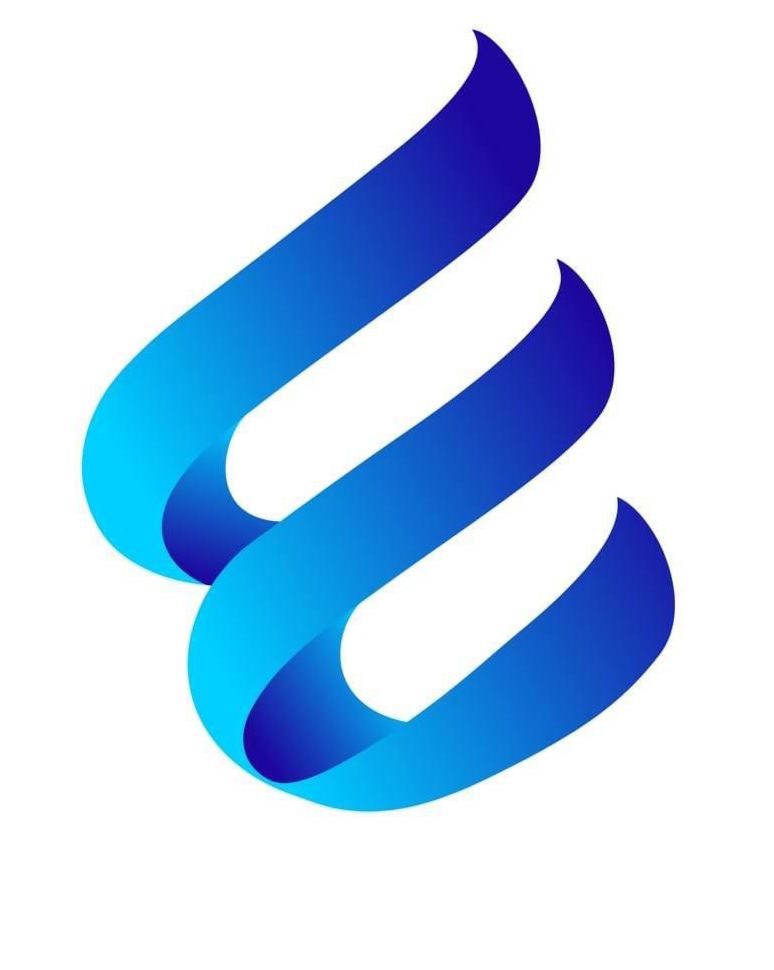What is Technical SEO?
- Website's Technical Aspects
- User Experience
- On-Page SEO
- Organic Traffic
- Mobile Friendliness
- Cost of supplies and equipment
Technical SEO refers to the process of optimizing a website for the crawling and indexing phase, ensuring that search engines can access, crawl, and understand your website’s content effectively. It focuses on the backend of the website rather than its content. The ultimate goal of technical SEO is to improve organic search rankings by enhancing site performance, making the site mobile-friendly, and ensuring that search engines can easily navigate and understand the website.
While on-page SEO is about optimizing individual pages and off-page SEO focuses on external signals (like backlinks), technical SEO ensures that a website is properly structured and performs well under the hood. A solid foundation of technical SEO enables a site to thrive in search engine rankings and enhances user experience.
How Technical SEO Differs from On-Page and Off-Page SEO
To understand technical SEO, it’s crucial to distinguish it from the other two core aspects of search engine optimization: on-page and off-page SEO.
Defining On-Page SEO
On-page SEO refers to optimizing elements on your website pages, such as the content, meta tags, headings, and images. Its goal is to ensure that your website is relevant for specific search queries and provides a valuable user experience. This includes optimizing keywords, improving content quality, and ensuring that the page structure supports SEO best practices.
Defining Off-Page SEO
Off-page SEO involves strategies outside of your website that impact your rankings within search engine result pages (SERPs). This includes efforts like link-building, social media marketing, and generating brand mentions across the web. While on-page SEO helps search engines understand your content, off-page SEO boosts your website’s authority.
Key Differences Explained
- On-page SEO focuses on improving the user experience and content relevance of individual pages.
- Off-page SEO works to enhance a site’s authority and trustworthiness through external signals like backlinks.
- Technical SEO, in contrast, ensures that the website itself is optimized for performance, crawlability, and security, so it’s easy for search engines to index and rank.
Key Elements of Technical SEO
Technical SEO is made up of several crucial factors that determine how well search engines interact with your site. These include:
- Crawling and Indexing: Ensuring that search engines can easily crawl and index your website’s pages.
- Mobile Optimization: Given the mobile-first indexing strategy of Google, optimizing for mobile is crucial.
- Site Speed and Performance: A fast-loading website enhances user experience and positively impacts SEO.
- Security: Implementing HTTPS and ensuring a secure connection can significantly influence rankings.
- URL Structure: Clean and organized URL structures help both users and search engines navigate your site effectively.
Website Crawling and Indexing
Crawling and indexing are the foundation of technical SEO. If a search engine cannot crawl or index your site properly, it won’t rank.
What is Website Crawling?
Crawling refers to the process by which search engine bots (also called crawlers or spiders) explore the web and find new or updated content to add to their indexes. Bots follow links from one page to another, crawling your site for content that matches user queries.
How Search Engines Index Pages
Once a site is crawled, search engines process and store the information. This is known as indexing. If a page is not indexed, it won’t appear in search results. Properly configuring sitemaps and robots.txt files can help manage which parts of your site should or shouldn’t be indexed.
The Role of Robots.txt and XML Sitemaps
- Robots.txt files instruct search engines on which pages or sections should not be crawled. It’s essential to configure this file carefully to avoid accidental deindexing of important pages.
- XML sitemaps are files that list all pages of a website that should be indexed, helping search engines discover them quickly.
Website Speed and Performance
Website speed is a critical component of technical SEO. Google’s algorithm favors fast-loading sites because they provide a better user experience. Slow websites frustrate users and cause higher bounce rates.
Why Website Speed Matters
A website’s load time affects both user experience and SEO rankings. Users are more likely to leave a slow-loading site, increasing the bounce rate, which in turn signals to search engines that your site may not be offering a satisfactory experience.
Tools to Measure Page Speed
There are numerous tools available to measure your site’s performance:
- Google PageSpeed Insights
- GTMetrix
- Lighthouse
These tools provide insights into factors slowing down your site and offer recommendations to enhance performance.
How to Improve Website Speed
Improving website speed often involves optimizing images, minimizing HTTP requests, enabling browser caching, and using a Content Delivery Network (CDN) to speed up delivery times.
Technical SEO Service Packages
Your Technical SEO package will be 100% customized to your needs and our findings. We need specific elements to get impressive outcomes! The bundle we create for you will optimize the following parts.
- Full Site Crawl & Optimisation
- Search Engine Accessibility
- URL Hygiene
- HTTPS Status Code Checks
- XML Sitemap Development
- Page Speed & Size
- Mobile Optimisation
- Eliminating Duplicate Content
- HTML Title Tags
- HTML Headings
- HTML Meta Description
- Website Navigation
- Additional Code Mark-up
- Backlink Analysis
- Disavow Report
- Content Optimisation Recommendations
- Content Load Optimisation
- Core Web Vitals
- Metadata
- Broken Links
- Site Security
- Internal Linking Hierarchy
Managed SEO Service Campaign FAQs
Technical SEO is crucial for improving website performance, ensuring search engine crawlers can index your site effectively, and enhancing user experience.
As part of our Technical SEO Audit, we check the inner workings of your website. Site architecture, security, speed, and code are all factors we consider.
Hiring a technical SEO agency is the next logical step if your website isn’t ranking or if error pages are causing performance issues, even after using best practices for SEO.
